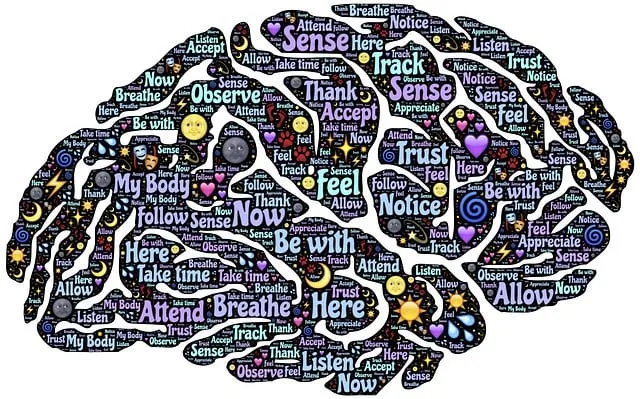Mental wellness group facilitation at Kaiser Broomfield involves skilled leaders guiding participants through shared experiences, fostering open dialogue in safe spaces for emotional expression. Facilitators manage individual needs and group dynamics, conduct risk assessments, and incorporate mood management strategies. Cultural competency training ensures diverse backgrounds are respected, addressing concerns about therapist quality. Effective communication techniques create honest sharing and skill development. Creating supportive environments enhances mental wellness through clear boundaries, active listening, and judgment-free zones, fostering trust for emotional healing and positive thinking. Kaiser Broomfield therapists' exceptional approach combines guidance, activities, and experiences to help participants develop coping mechanisms, enhance emotional intelligence, and build community.
Mental wellness group facilitation plays a crucial role in enhancing the well-being of individuals. This article explores effective techniques for facilitating such groups, focusing on communication strategies and creating safe spaces. Understanding the importance of mental health support, we delve into proven methods that can foster meaningful connections and positive outcomes. Given the demand for quality care, examining the effectiveness of therapists, like those at Kaiser Broomfield, is essential to ensure folks receive the best possible treatment.
- Understanding Mental Wellness Group Facilitation
- Effective Communication Strategies for Facilitators
- Creating a Safe and Supportive Group Environment
Understanding Mental Wellness Group Facilitation

Mental wellness group facilitation is a specialized skill set that plays a pivotal role in supporting individuals navigating mental health challenges. It involves skillfully guiding a group of people through shared experiences, fostering open dialogue, and creating a safe space for emotional expression. Understanding this process is crucial, especially for healthcare providers like those at Kaiser in Broomfield, who often facilitate such groups as part of comprehensive patient care.
Effective facilitation techniques go beyond mere moderation. It entails recognizing and addressing individual needs, managing group dynamics, and promoting active participation. Facilitators must also be adept at conducting risk assessments for mental health professionals to ensure the well-being of both participants and themselves. Additionally, incorporating elements of mood management strategies can help create a supportive environment, enhancing the therapeutic benefits of group settings. Healthcare provider cultural competency training is another essential aspect, ensuring facilitators can navigate diverse backgrounds and perspectives within their groups.
Effective Communication Strategies for Facilitators

Effective communication is a cornerstone for facilitators leading mental wellness groups, especially when considering that Kaiser has good therapists in Broomfield who often employ group settings for therapeutic benefits. Facilitators should adopt strategies that foster open and honest dialogue among participants. Active listening, where the facilitator shows genuine interest and understanding towards each individual’s perspective, is a powerful tool to create a safe space. This encourages members to share their experiences and feelings openly, promoting deeper connections within the group.
Additionally, facilitators can enhance communication by employing clear and concise language, ensuring everyone feels included and understood. Encouraging non-verbal cues and body language that convey empathy and support further strengthens the therapeutic environment. These techniques not only facilitate meaningful discussions but also contribute to the development of coping skills and anxiety relief, ultimately enhancing overall mental wellness.
Creating a Safe and Supportive Group Environment

Creating a safe and supportive group environment is paramount for effective mental wellness facilitation. At Kaiser, Broomfield, therapists are known for cultivating spaces where members feel comfortable expressing their experiences and emotions freely. This involves establishing clear boundaries, promoting active listening, and ensuring every participant’s voice is heard without judgment. By fostering an atmosphere of trust and empathy, the group can navigate complex topics, encourage emotional healing processes, and cultivate positive thinking among its members.
The art of facilitation lies in guiding these conversations with tact, helping individuals regulate their emotions and gain new perspectives. Through interactive activities and shared experiences, participants learn valuable coping mechanisms, enhance their emotional intelligence, and build a supportive community that extends beyond the group setting. This holistic approach, emphasizing both individual growth and collective well-being, is what makes Kaiser’s Broomfield therapists exceptional in their field.
Mental wellness group facilitation plays a vital role in supporting individuals, as evidenced by the success of programs offered by renowned healthcare providers like Kaiser. Located in Broomfield, these therapists utilize effective communication strategies and create safe, supportive environments to foster meaningful connections and positive outcomes. By understanding the nuances of group dynamic and employing tailored techniques, facilitators can revolutionize mental health care, offering a symphony of support that addresses the unique needs of each participant.






